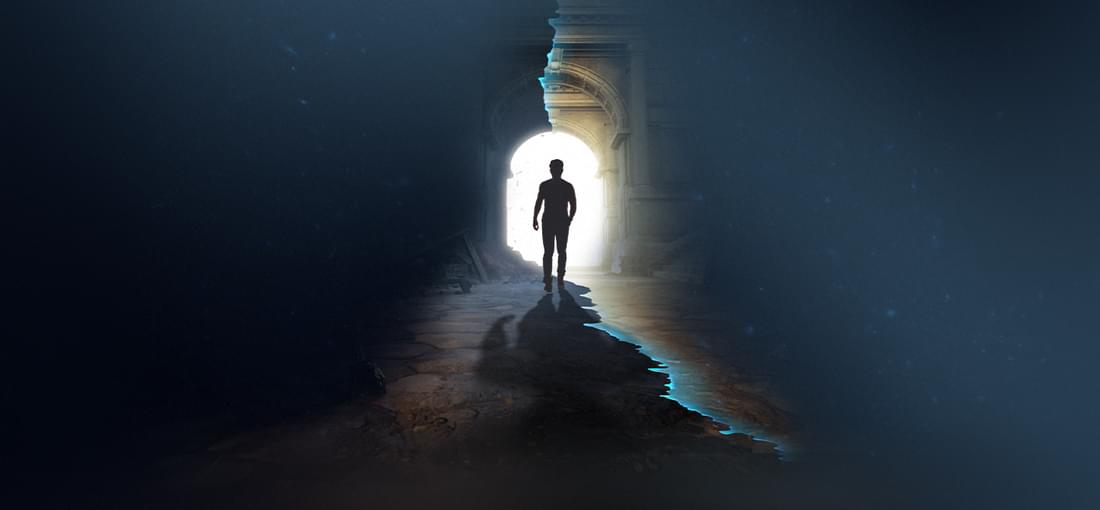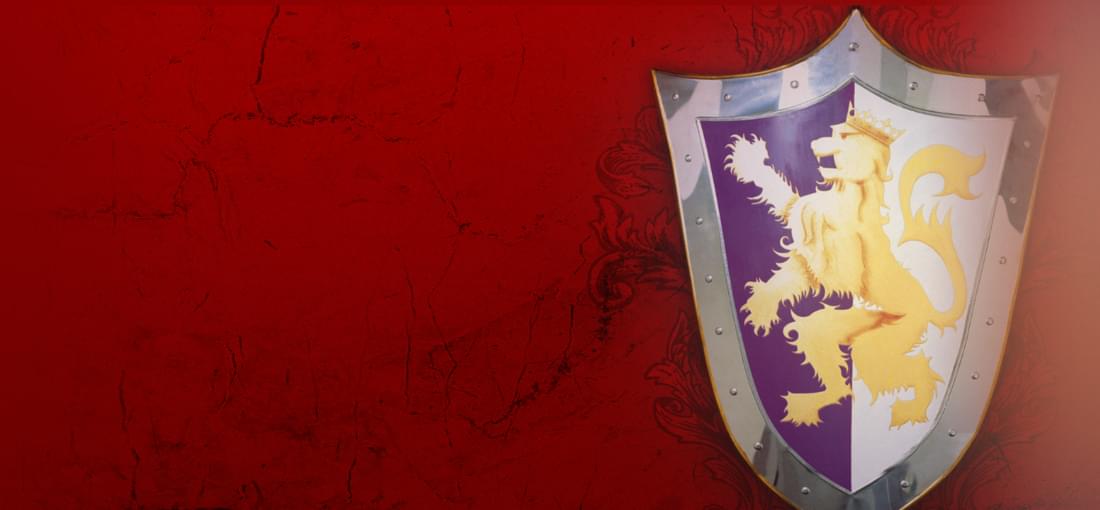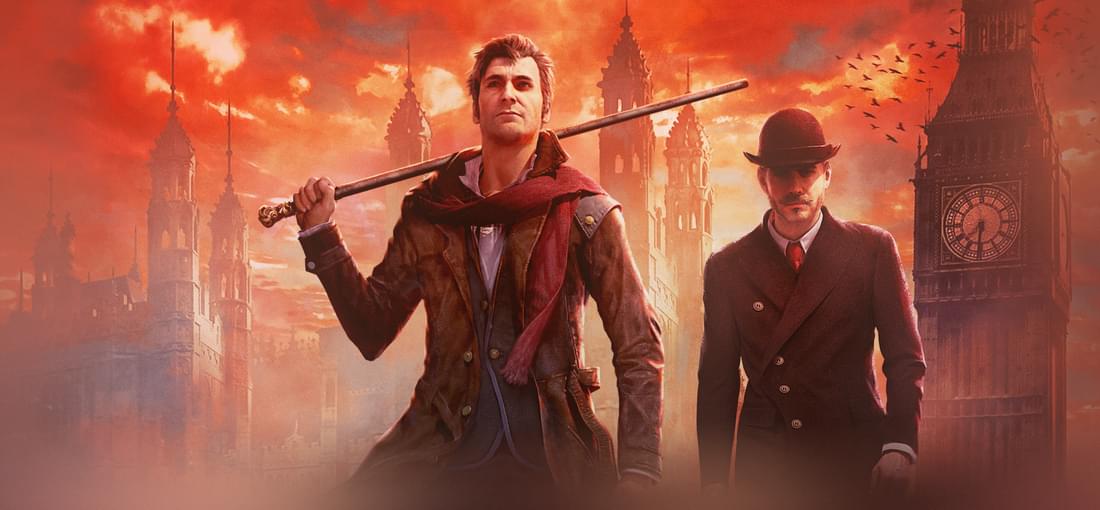


Pros: Minimalist but sophisticated game design, straightforward gameplay without much complexity or learning curve. Visuals nothing short of excellent, the setting is very well researched and historically accurate. Diversity that doesn't feel forced, but develops organically from the setting. Believable characters with plausible motivations. At least at the beginning of the game, it feels like an original and fresh experience. Cons: From the mid-game, it feels like you're trapped in a time loop. There are moments of unexpected difficulty and non-standard game endings do not fit the expectation of playing a story-driven adventure narrative. Excessive kindergarten-nievau philosophy that pretends to have some deeper meaning, but is in reality quite superficial. (If the primary audience are 8-13 years olds, this might be just right.) Conclusion: There is a lot to love about this game, it really stands out from the multitude of games out there. Microcomputers and video games have been around for a good 40 years, and developing something new is a pretty difficult task. Given the size of the team, it's hard to believe that this game only took 3 years to develop, and that's the other superlative the author deserves.

The game has nice stylized graphic and a great soundtrack. Unfortunately, the campaign seems to be unwinnable and I regret hours spent trying to figure out the right strategy. But for this game, you do not need strategy, it simply do not let you win.

in the Epping Forest section of the game, I always end up drowning in the swamp no matter how many times I try. Next time try to implement less sluggish and more responsive controls for this type of gameplay and test it thoroughly. Where Assasin's Creed succeeds, Sherlock Holmes fails.